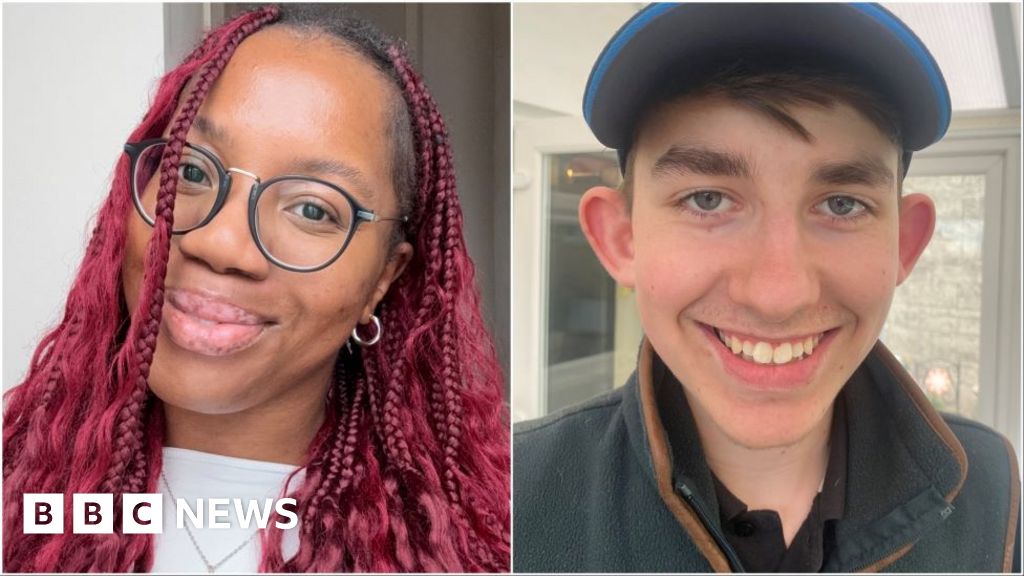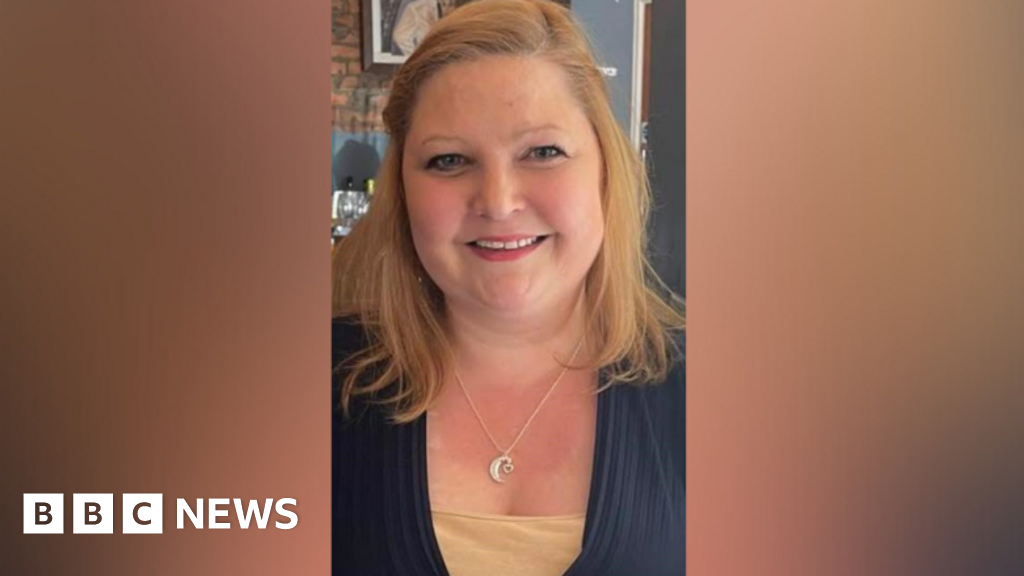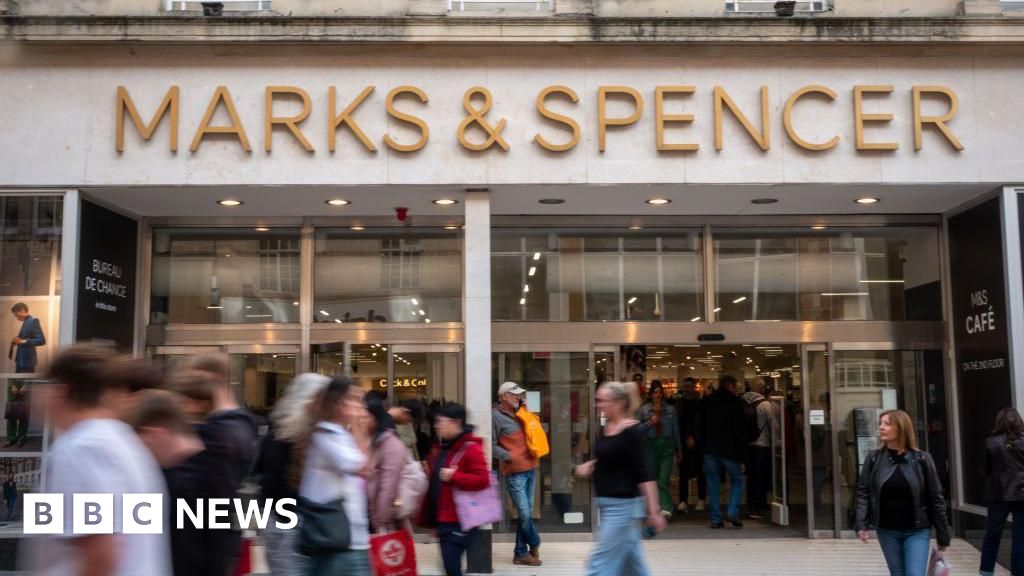ARTICLE AD BOX
By Dharshini David
Global trade correspondent, BBC News
Image source, PA Media
Image caption,Boris Johnson is on a two-day visit to India to discuss trade and security ties
Prime Minister Boris Johnson says he wants a free trade deal with India by the end of this year. But as he prepares to meet his Indian counterpart Narendra Modi, it's too soon to toast the prospects of a deal that may well prove hard to agree.
No other nation drinks as much whisky as India - which should have Scotland's world-famous industry celebrating. But each bottle of Scotch sold in India comes with a hefty price tag attached, thanks to tariffs of 150% on imported liquor. So currently the majority of whisky drunk in India is made within its borders. Scotch whisky accounts for just 2% of the market.
Do away with those tariffs, the Scotch Whisky Association says, and exports could rise by £1bn over five years.
It's not just whisky: India typically applies very high trade barriers - be it tariffs, quotas or restrictions on investment - to attempts to access its markets. Foreign cars attract tariffs of up to 100% for example. As a result the UK currently sells less to India, with its vast population, than it does to Belgium.
But that could be about to change. At the start of this year, the UK and India began talks with the aim of securing a trade deal by the end of 2022. The third round (with many more likely to come) starts next week.
Image source, Newscast
Image caption,A trade deals could boost exports of products such as Scotch whisky
The UK Trade Secretary Anne-Marie Trevelyan says such a deal would be a "golden opportunity" perhaps more than doubling total trade between India and the UK by 2035, an increase of around £28bn.
Australia and the UAE have recently struck deals with India, so hopes are riding high.
When it comes to these discussions, though, both India and the UK have wishlists - and they could prove to be big hurdles to reaching the finish line.
Britain would like more access to India's manufacturing and services sector, areas in which India has traditionally resisted foreign involvement. But trade economists suggest India may be reluctant to do away with the protection that trade barriers have provided for domestic industries and workers. Mr Modi may think of the workers distilling whisky within India's own borders and hesitate to tear down those tariffs.
If India does go ahead and lower those barriers, there'd have to be concessions in return. The UK might face pressure to allow Indian products, such as medicines into its market. And there may be calls to grant more visas to Indian workers.
Image source, PA Media
Image caption,Both Mr Modi and Mr Johnson will have to consider the political implications of any trade deal
Under the new post-Brexit points-based immigration regime, over 60,000 Indians received skilled-worker visas last year, around two-fifths of the total. Amitendu Palit from the National University of Singapore, who was previously at India's Ministry of Finance thinks the UK will need to go further, allowing more Indian professionals into the UK for longer periods of time.
Boris Johnson has himself been highlighting the role that issuing visas could play in filling UK skills shortages, suggesting he may be paving the way for expanding eligibility - but it is not clear how that will be received by voters. Immigration has proved a touchy issue, particularly since the 2016 Brexit referendum.
Is it worth the fuss? By the government's own calculations, a trade deal with India would add just 0.2% to the UK's income or GDP - and that's over the course of a decade, and only if there is a substantial reduction in trade barriers.
Given Prime Minister Modi's stance towards Putin's Russia in recent weeks - India has a stated policy of non-alignment over Ukraine - some are querying whether a trade deal is desirable at all.
But for the UK, the attraction is the future potential. By 2050 India may be the third largest global economy, with a booming middle class with vast disposable income to splash. Getting a larger slice of that could be a substantial post-Brexit win, particularly since a free trade deal with the US has remained elusive.
Image source, Getty Images
Image caption,India's large population and growing middle class make it an attractive trade partner
The first phase of trade talks are often the easy part. The trickiest stuff is left until the end. So it may be a while before the true scale of the challenge is clear.
Economists say an interim deal could be reached by the end of the year - if both sides are willing to make concessions. But a full deal by Christmas looks ambitious.
Perhaps in acknowledgement of the complexities, the Scotch Whisky Association has urged an "early harvest deal" calling for whisky tariffs to be dropped ahead of a full deal. It could be tempting to secure a few positive headlines and some good cheer, while negotiators continue to thrash out the fine print of trickier areas behind the scenes.

 3 years ago
104
3 years ago
104








 English (US) ·
English (US) ·